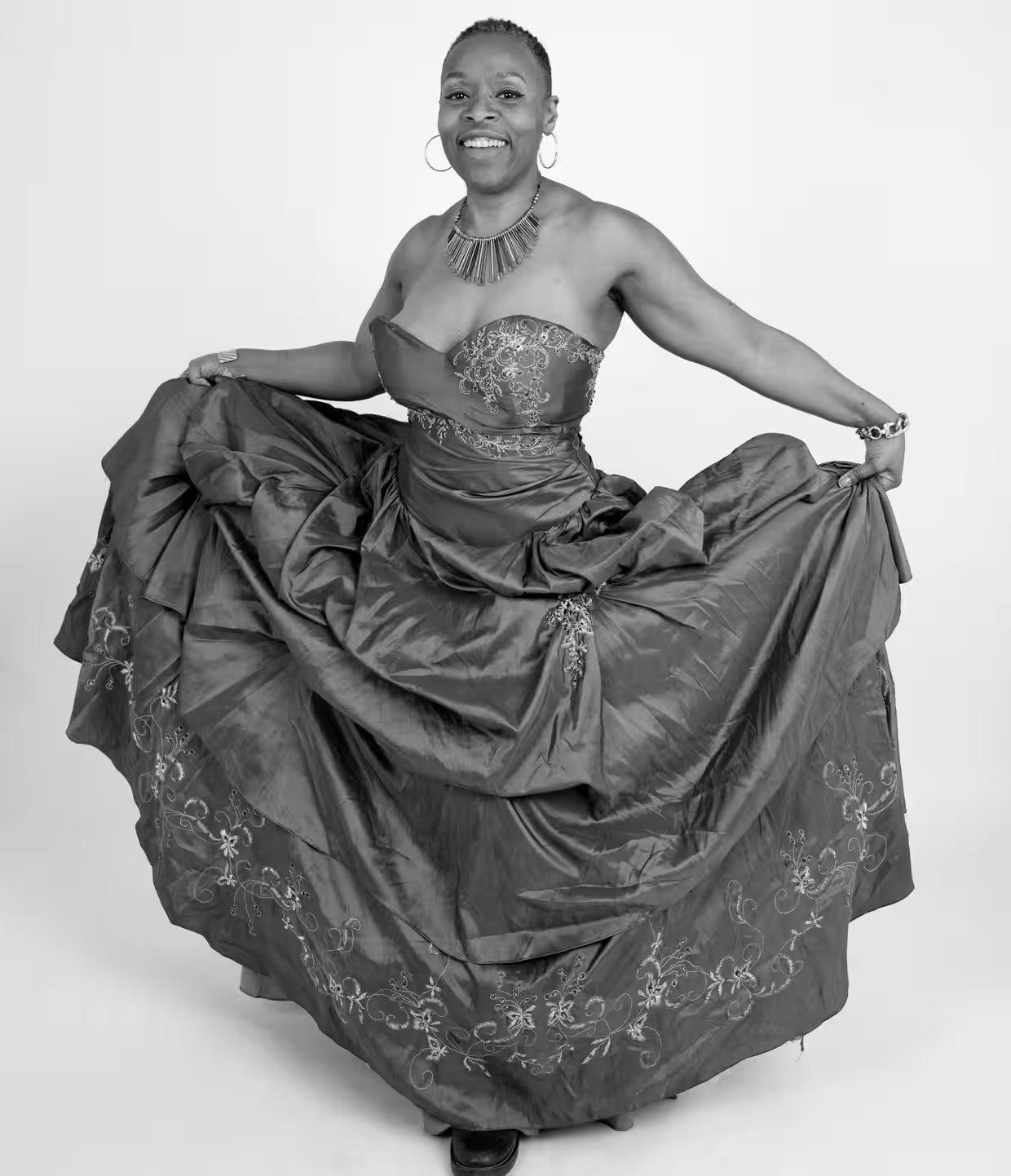The Observer
Best new novelists for 2025 — Marcia Hutchinson


The synopsis for The Mercy Step came to Marcia Hutchinson 10 years ago when she wrote an anonymous piece in the Guardian for a series called A Letter To …. Her letter described her father as the “life-and-soul-of-the-party kind of guy” who was also a violent, alcoholic adulterer who liked to gamble. She thinks she was triggered by her siblings asking her to contribute to a headstone on the 40th anniversary of his death. “I realised that despite being brought up in the same family, we had had such different childhoods.”
The novel is loosely based on growing up in Bradford in the 1960s in a Jamaican family. It follows fervorous book-loving middle child Mercy as she reckons with an abusive father and a fundamentalist Christian mother. It’s dark, humorous, and passionately captures the unique realities of the northern Black experience. Powerfully told from a child’s vantage point, the storytelling is imaginative and animated, yet piercing in all the right places.
Hutchinson, 62, previously worked as a lawyer specialising in conveyancing and town and country planning. She was elected as a Labour councillor in 2021. She is now retired and works as a fitness instructor.
How much of The Mercy Step is a true story?
All of the major points in the novel happened [in real life]; the order has changed to make a better narrative. I made a very conscious decision to not bring in anything that happened to my siblings. One of the reasons I’ve only written a novel now is this sense of – is it OK to tell a story that impacts other people? Ultimately, if writing is your calling, you’ve just got to write.
Why did you decide to tell the story from a child’s perspective?
[Mercy] is too intelligent for her own good. She’s constantly questioning everything that happens around her. From a very early age, she’s got a really strong sense of trying to right wrongs.
How important was it to explore religion?
Absolutely essential. It’s what keeps her mother going when faced with these almost insurmountable obstacles. The mother sees the husband as the cross that she has to bear. There’s this sense of religion being a comfort when you are faced with five children, two jobs and a husband who isn’t supportive. But Mercy is clear from an early age that “I’m not just going to trust in God, I’m going to trust in Mercy.”
How did you find the whole process of publishing a book?
I mentioned the book in passing to my agent, who was absolutely buzzing and said “finish this”. It was then submitted at the 2023 Frankfurt book fair but nobody bought it. It was one of the few novels at the fair that had so much positive feedback from people who were not going to buy it. They said it was beautiful, well written, but “I can’t see where it would fit in my list” or “don’t know how to market it”. I think it’s interesting that it was bought by Cassava Republic Press, who are a Black-led publishing company.
Why do you think publishers didn’t want to buy it?
After George Floyd, there was this rush to sign Black writers. But it’s almost like Black writers are out of fashion now. We’ve done that. Got the T-shirt.
What does your work life look like now?
Although I qualified as a lawyer, I hated it. I changed jobs constantly throughout my career and I used to think that was a real negative. But 30 years later, when I started writing, I had this huge number of backstories. So now, I write every day in the mornings, and in the evenings I teach fitness classes. I teach about 15 classes a week – zumba, body conditioning and spin – and I love it. Those two jobs are perfect. With writing, you’re alone – it’s just you and the typewriter – and then in the evenings, it’s me and 30 women getting on down.